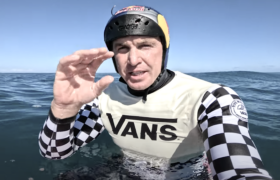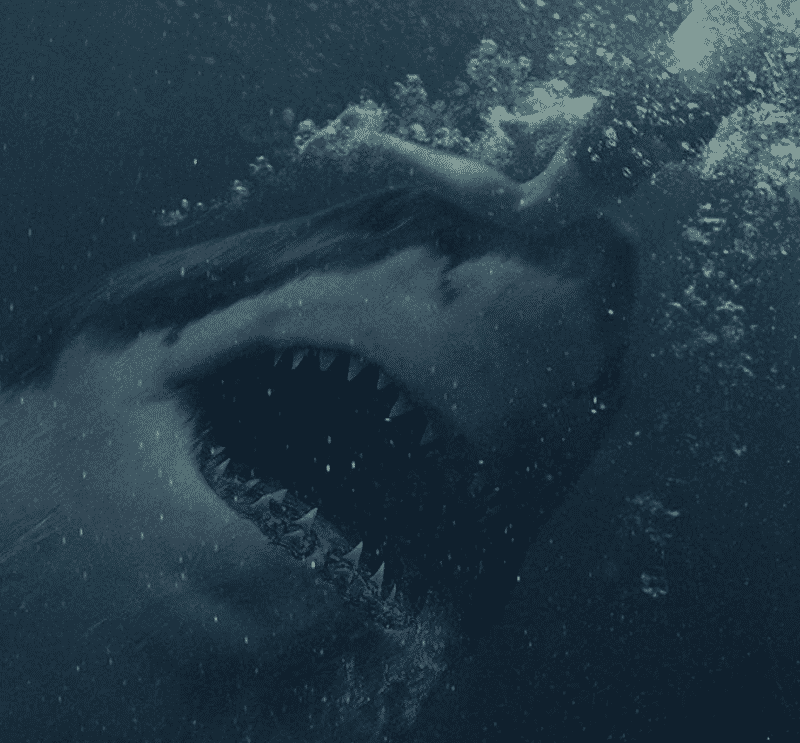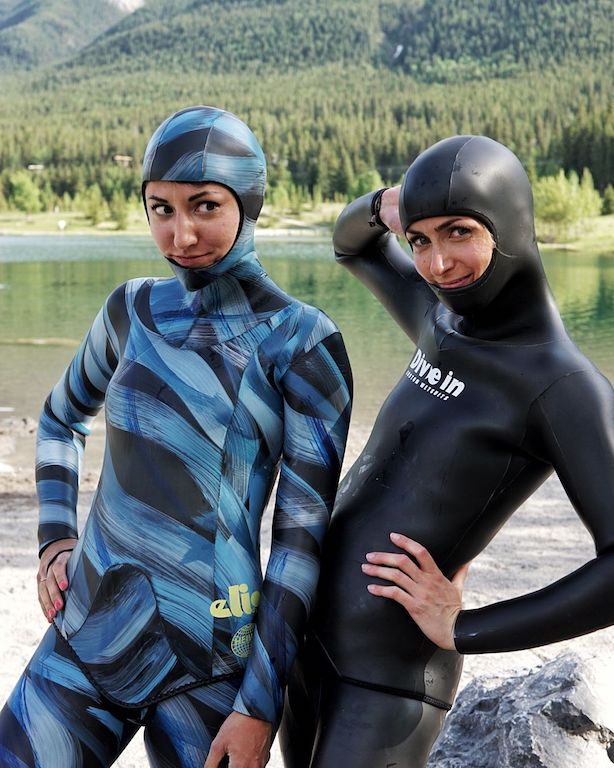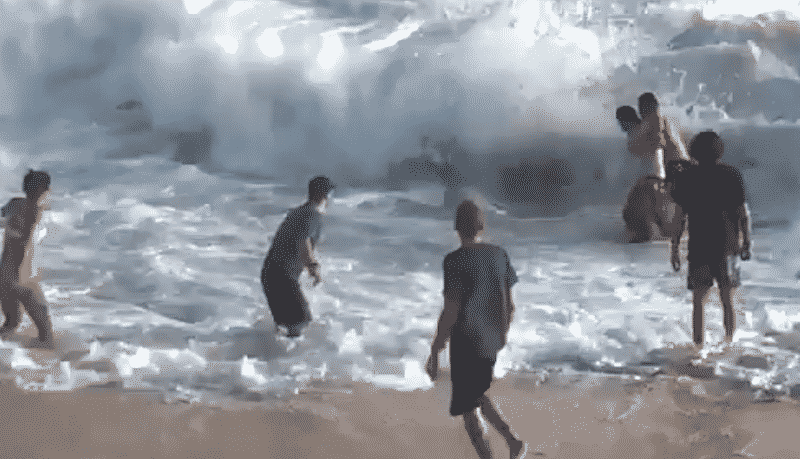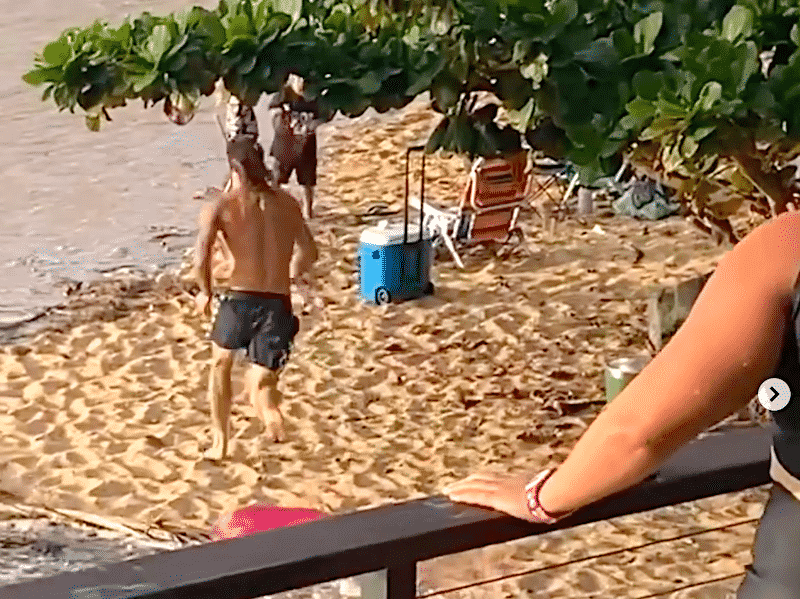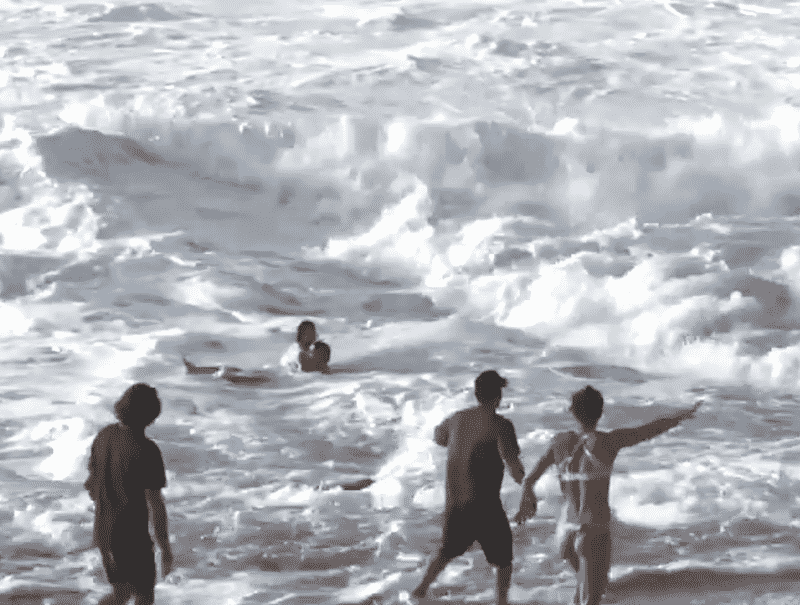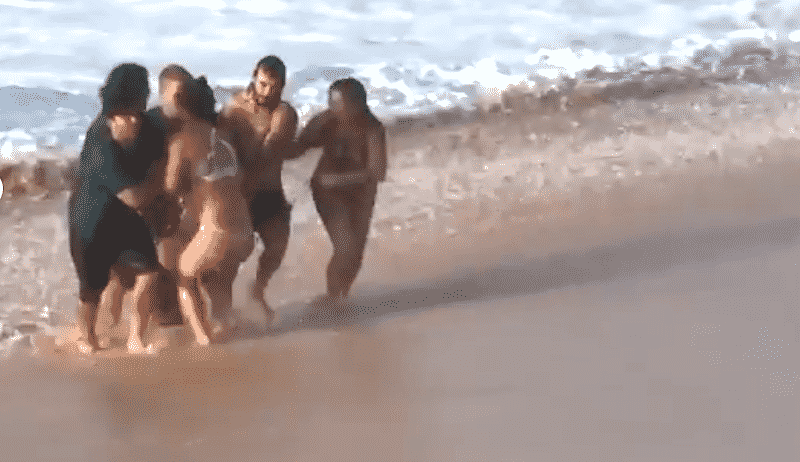Introducing "biteprinting."
Do you recall, last month, when dear Stab magazine tossed its wetsuit advertorials behind a paywall but took time to kick your BeachGrit before locking the door? “For those left it will be a race to the bottom, and speaking from experience, when you’re chasing clicks, you get lost in the outrageous and contagious. Think graphic shark attacks and Ellie-Jean Coffey nudes.”
Well, The New York Times, getting lost with BeachGrit in the outrageous and contagious, just published a fascinating portrait of marine biologist who has an entirely progressive theory on how to deal with “problem sharks.”
Dr. Eric Clua, a professor of marine biology at the École Pratique des Hautes Études in Paris, has taken issue with mass culls after attacks noting that, “They are killing sharks that are guilty of nothing.” The good doctor has found a way to identify sharks that have attacked people, though, through a form of DNA profiling he calls “biteprinting” and believes these incorrigible few can be singled out and executed.
He recently published his findings thereby infuriating his colleagues.
“That’s not how fishing works,” said Catherine Macdonald, a lecturer in marine conservation biology at the University of Miami. “Even when you have a satellite-tagged shark and you know where it is, if you turned up at the site and put a hook in the water, there’s no reason to think you would definitely catch that shark.”
Christopher Pepin-Neff, a public policy lecturer at the University of Sydney who has studied human perceptions of sharks, said the problem, or “rogue shark” theory, is neither cool nor true. “They are basically saying that the shark from ‘Jaws’ is real.”
Blake Chapman, who studied shark neuroscience at the University of Queensland in Australia said removing these guilty sharks “…would be more or less impossible. “I don’t think that the removal of ‘problem individuals’ as a result of this information is a realistic application for the data.”
David Shiffman, a marine conservation biologist and postdoctoral researcher at Arizona State University said, “This idea makes no sense on any level that I’ve been able to find.”
Etc.
Dr. Clua is unperturbed, though, and fighting on for the good people of Réunion Island, setting up his biteprinting operation there to prove that it works.
“I’ll let them bite a pig leg,” he says, “or something else with flesh, muscle and bone.”
Scientific research in the field of Ellie-Jean Coffey nudes is forthcoming.


